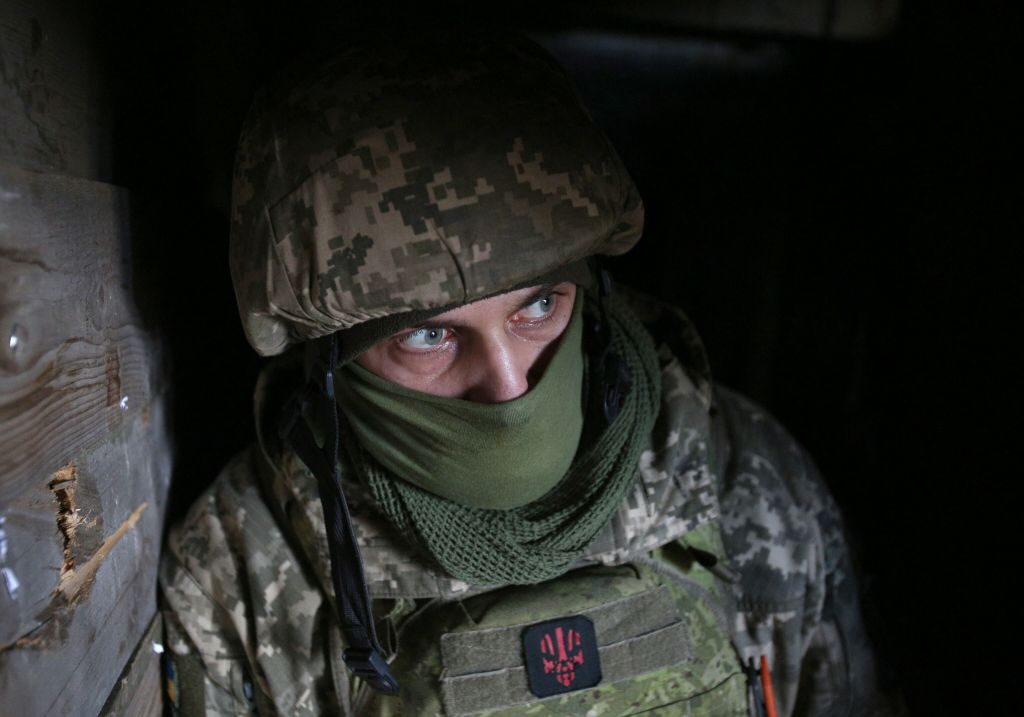In the past year, some trends have been confirmed on the international stage, and new issues have emerged. The urgency to exit the pandemic was prolonged by the ongoing conflict in Ukraine, which turned out to be a military failure for Russia, as it did not achieve any of the announced objectives at the time of the invasion. Crimea is not secure, the territories of Donbas are still in a precarious state, and the government in Kiev remains firmly in power. However, the far-reaching impact of the conflict has also affected areas far away from the war zone. Food security in Africa continues to be at risk, and inflation caused by the rise in commodity prices is a concern, especially in Europe. The world has been divided not so much in the interpretation of the casus belli, but rather in how to exit the war. NATO countries, led by the United States and the United Kingdom, have bet on Kiev’s victory. On the other hand, countries in the Global South have prioritized the search for dialogue between the parties from the very beginning, believing that clear victories on the battlefield were not possible. For months, the African Union, Brazil under Lula, India under Narendra Modi, China, and even the Vatican have shuttled between Russia and Ukraine in an attempt to restart the dialogue.
In the meantime, the stalemate has confirmed several things that could have been anticipated for some time. The first is that post-Cold War conflicts perhaps have less global destructive capacity, but they are more complicated to resolve due to the strong interdependence among different countries within the global economy. Russia is no longer the Soviet Union, which could rely on “its” half of the world and, above all, was not dependent on economic relations with the West. Western countries can no longer expect to dictate terms to the rest of the world, demanding alignment that no longer exists in practice. The G7 has been weakened, and the G20 is not yet its successor. Competition prevails among different blocs that aspire to have the same weapons, technology, and economic power in order to assert themselves. The battlegrounds for this new confrontation include strategic raw materials such as rare earths and lithium, as well as water and food commodities, which China has been investing in for years. In this regard, the West is unprepared, having historically relied on military and technological strength to maintain its dominance.
The evident objective of the many countries that aspire to join the BRICS group is to make a positioning choice in relation to the emerging new bipolarism. In his speech at the summit for the new finance held in Paris on June 22-23, Lula called for the overcoming of the Bretton Woods Agreements that shaped the post-war global economy and, consequently, the downsizing of the US dollar as the global currency. In this regard, weapons are not needed; what is needed is politics, a dimension that has been abandoned for a long time.
In a way, the summer of 2023 marks the end of the long period inaugurated by the gunboats that subdued Asia and Africa during the Victorian era, and by the “backyard policy” pursued by Washington towards Latin America. The distances remain immense, of course, but the interdependence among states and continents has reached a level that leaves no room for “outside the system” operations. In the coming months, the ability to engage in good politics will be crucial to resolve the conflict in Europe, defuse tensions in the South China Sea, and, above all, address the issue of climate change by implementing necessary measures to mitigate its effects and coexist with its consequences. It is the number one priority for planet Earth. Otherwise, the current paralysis can only lead to a worsening of the situation. However, time has already run out for this horizon, and it has been so for a long time.
